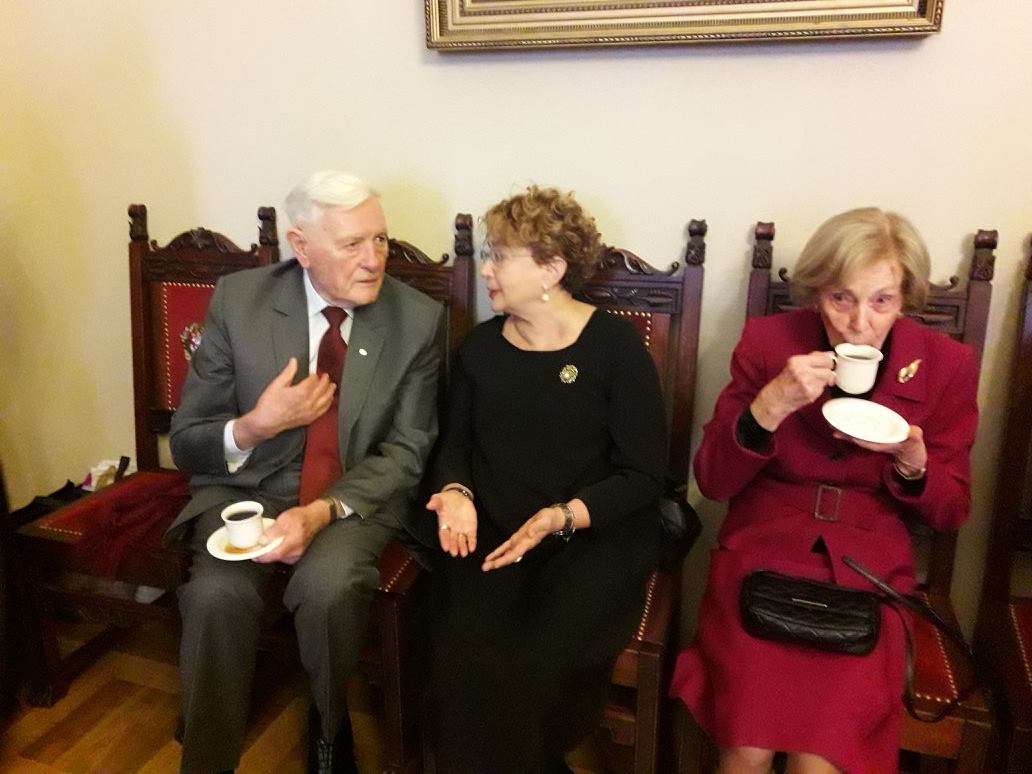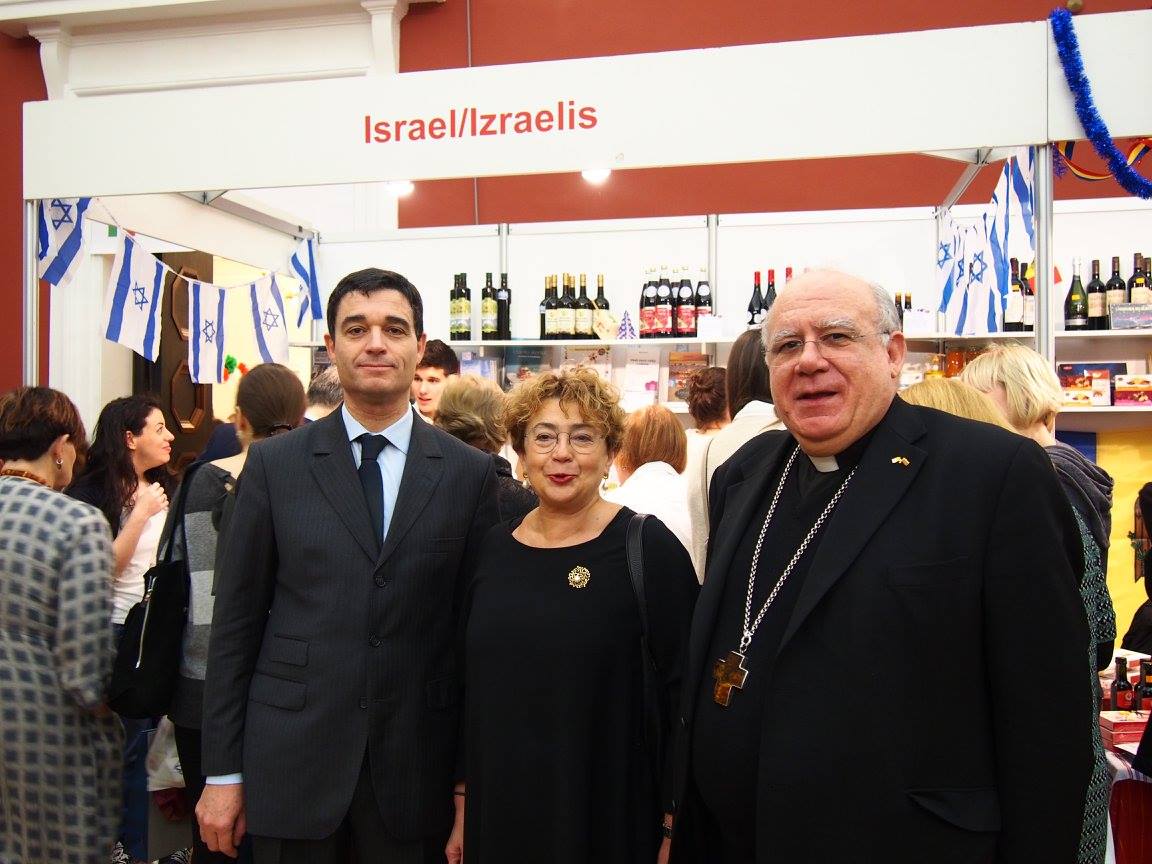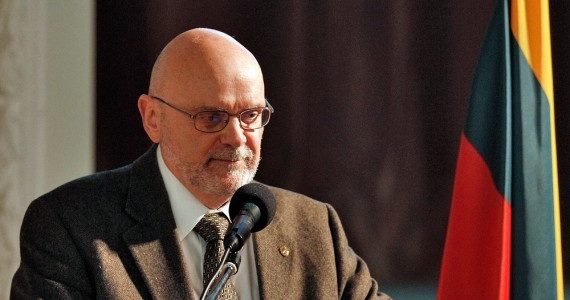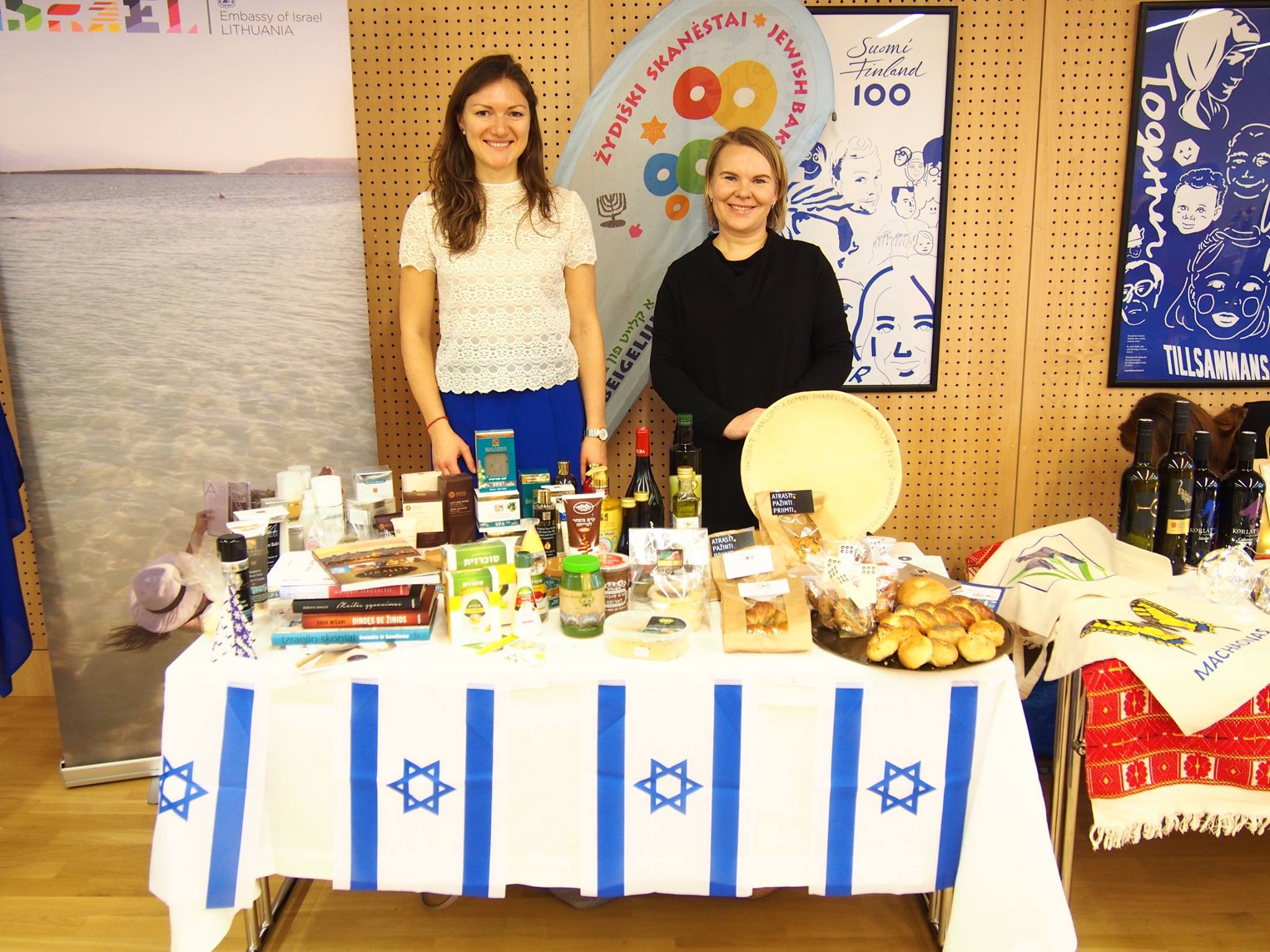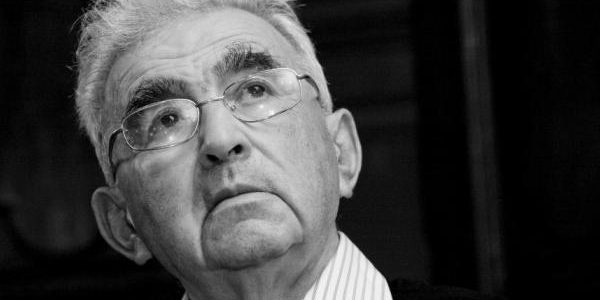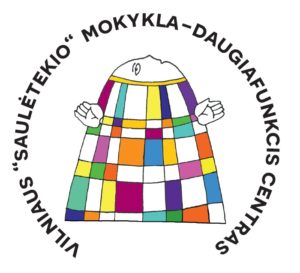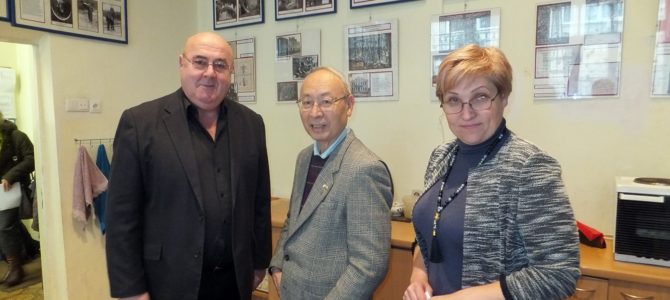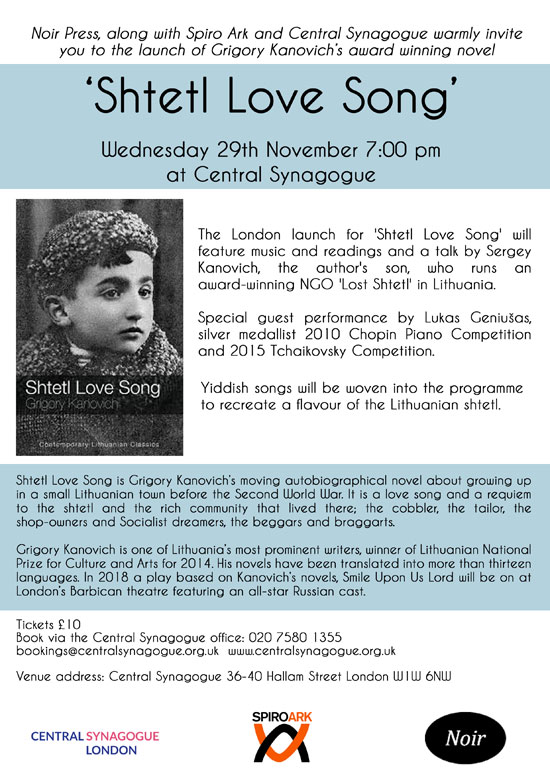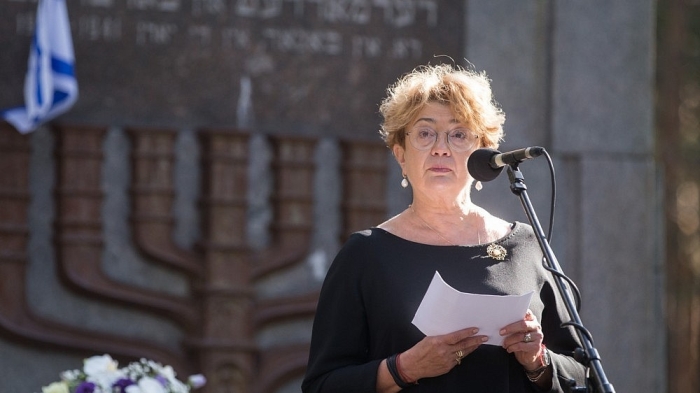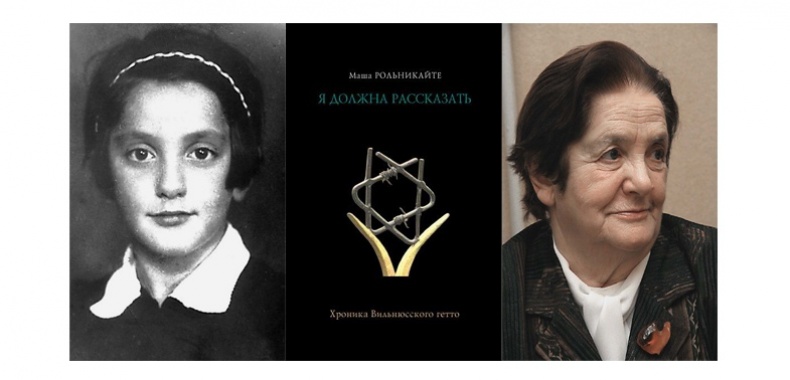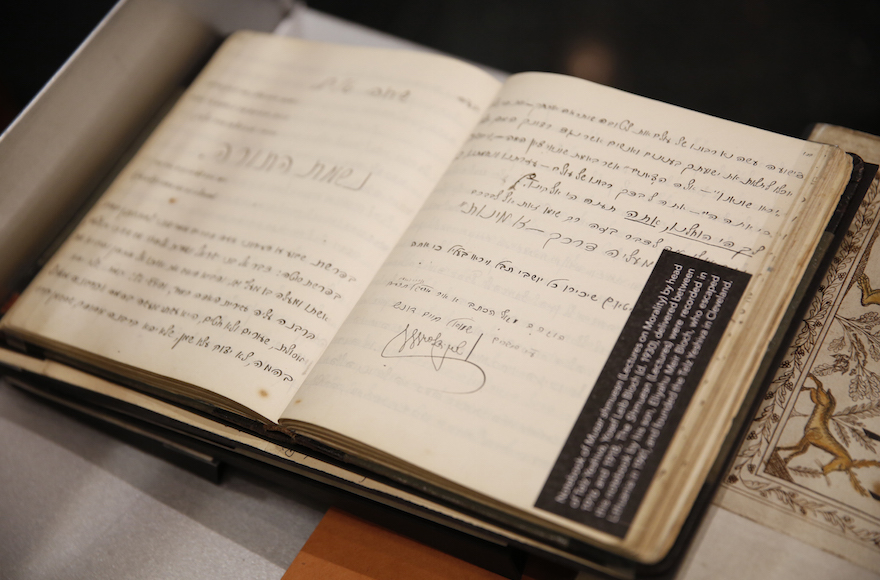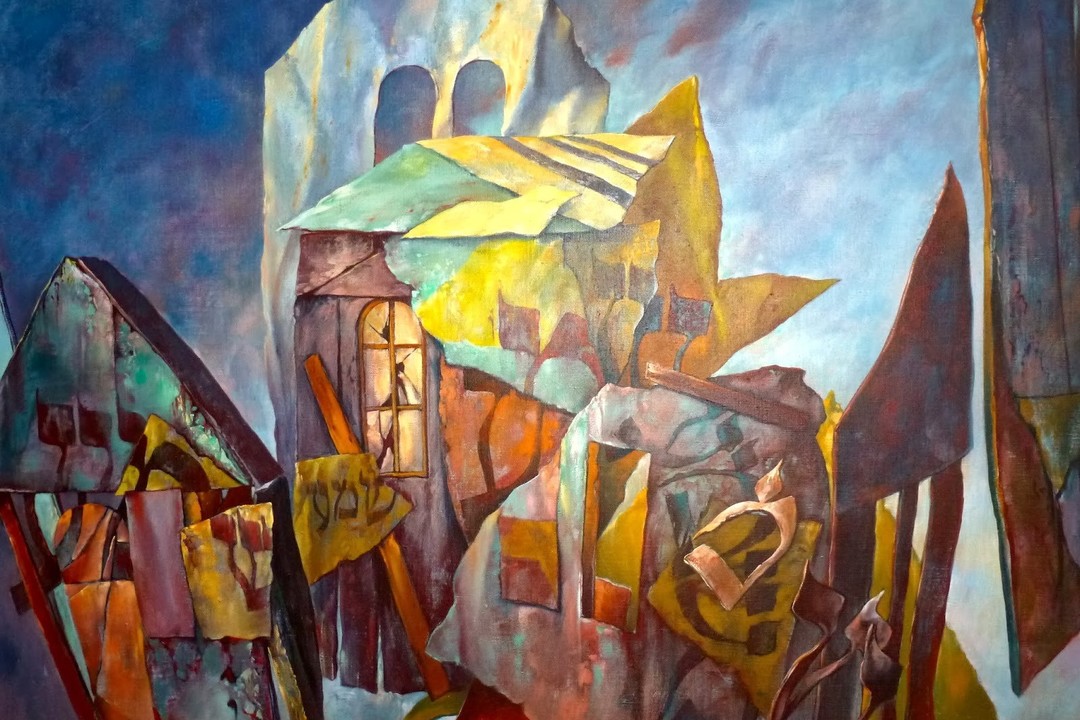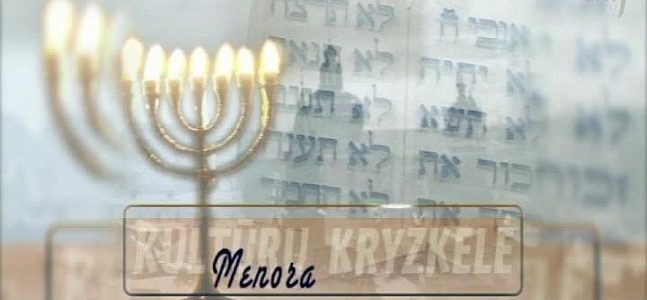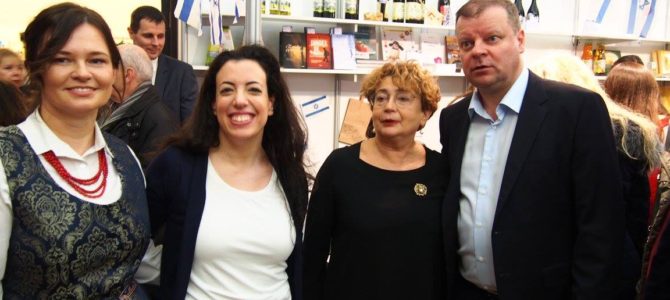
Photo, from right: Prime minister Saulius Skvernelis, LJC chairwoman Faina Kukliansky, Israeli embassy deputy chief of mission Efrat Hochstetler, PM’s wife Silvija Skvernelė
An international Christmas fair fundraiser was held again this year at the Old Town Square in Vilnius. Visitors were invited to purchase handicrafts, Christmas decorations, sweets and other knick-knacks made and sold by the spouses of foreign ambassadors resident in Vilnius, embassy personnel, social welfare organizations.
Photo: President Valdas Adamkus, Faina Kukliansky, former first lady Alma Adamkienė
The international Christmas fair is an annual initiative by the International Women’s Association of Vilnius, which includes women from Lithuania and foreign women temporarily living and working in Lithuania as members.
Photo: Apostolic nuncio archbishop Pedro Quintana
Lithuanian Jewish Community and Bagel Shop volunteers went all out this year to make this event a success. The Israeli embassy’s booth sold Lithuanian and Israeli products and collected almost 4,500 euros for charity, three times more than last year’s amount.
More photos here.



















